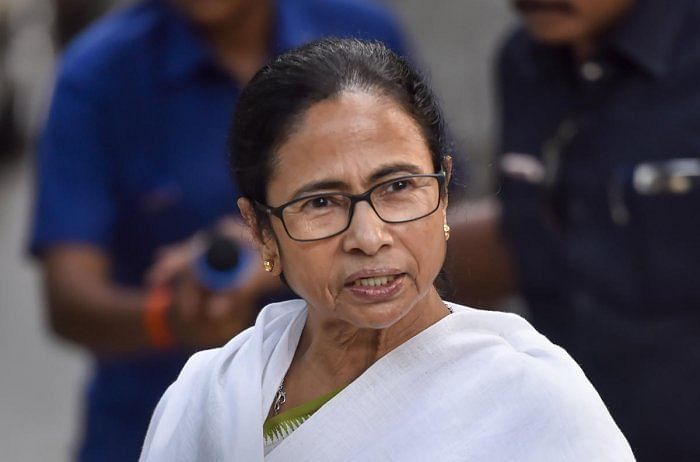
In West Bengal, there is an idea in the making about a “new” Trinamool—which must move away from the divisive “old versus new”—that has generated substantial interest about the future of the state politics.
Although Mamata Banerjee remains the undisputed chief of All India Trinamool Congress, there is an increasing need to cultivate a stronger connection with the youth of the state—especially those who turned first-time voters in the past 11 years since Trinamool came to power in the state.
The gulf between the youngsters and the party’s senior leadership is becoming more and more evident as time passes.
Those who voted for the first time in 2021 were middle-schoolers when the Left made its exit from power in the state. The communist party’s rule came to an end after a staggering seven consecutive terms—when they lost to Trinamool in 2011.
Similarly, those who are to vote in the future elections, are even further detached from political developments that ushered in the “parivartan” and the establishment of Trinamool-led government.
Like in all other states, in West Bengal, too, it is important for political parties to connect with the digital-first generation. Something “new” and “now” is needed to understand and garner support of students and future of-age citizens.
To this effect, Trinamool’s national general secretary (and Mamata Banerjee’s nephew), Abhishek Banerjee represents the “newness” in the party. Keeping in mind the need to connect with the citizens-in-the-making, Abhishek, on Monday, addressed a congregation of the party’s student wing.
In his address, he claimed that those planning to obstruct Trinamool’s political rise would “first have to cross the frontier” that is (presumably) “guarded by party’s student and youth wing.
With this, he was acknowledging the new generation’s role in the arena of politics.
Trinamool chief, on the other hand, while addressing the party’s student wing, reminded the young members of their responsibility—to connect with the people and help children learn their subjects, saying “she still considers herself a student (learner)”—a role of a benevolent, indulgent aunt to Abhishek’s role of “cousin/friend”.
The “old versus new” debate first cropped up in February, when the notion of “one-man-one-post”—strongly supported by Abhishek—found validation in the form of social media posts by the party’s young supporters.
During this phase, the party’s working committee was dissolved and was replaced with a new 20-member team—a move that reminded the old and the new members, alike, of their positions.
Trinamool’s spokesperson Kunal Ghosh, on Tuesday, termed Mamata the leader and Abhishek her “senapati” (commander)—a duo that is proving difficult to be controlled by the primary political opponent in the state.
This political change in the outlook and need to connect with the youth are some of the challenges that await the party in the panchayat elections next year, as well as the Lok Sabha elections in 2024.
However, a dark cloud hovers over Abhishek as the Enforcement Directorate has summoned him to appear before it on September 2. The ED is investigating a money-laundering case connected to an alleged coal scam.
The Trinamool leader had earlier appeared before the agency in March.